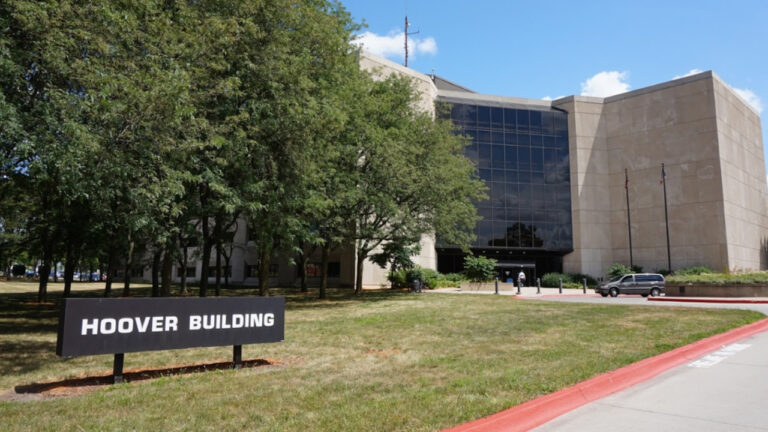A team of University of Iowa researchers and professors have received an $800,000 grant from the National Science Foundation and Amazon to make machine learning algorithms less discriminatory.
“Machine learning is used to make many high stakes decisions, but it often discriminates against people who have protected characteristics,” said Qihang Lin, the co-lead primary investigator on the grant, with Tianbao Yang, associate professor of computer science in the College of Liberal Arts and Sciences. “We want to help make sure those decisions won’t be discriminatory.”
Machine learning is the process of programming an algorithm to analyze enormous amounts of data so it learns how to do tasks it’s programmed to do. Once more data is added, the algorithm learns and changes similar to how a human learns and responds.
Analysts have discovered these algorithms can often discriminate against people based on race, gender, health conditions and more, according to a press release.
Mr. Lin said algorithms can learn discriminatory things based on the data. For instance, an algorithm might conclude that Black people are less susceptible than white people to a certain illness based on data showing fewer Black people are tested for the illness than white people or are hospitalized with the illness less often. But what the algorithm wasn’t told was that fewer Black people have access to health care, so even if they have the illness, they are less likely to see a doctor.
The researchers will use the three-year grant to follow up on research already underway to define fairness and look at different risk measures to help business managers find a balance between fairness and risk when making health care decisions.
Mingxuan Sun of Louisiana State University is the project’s third co-primary investigator.








